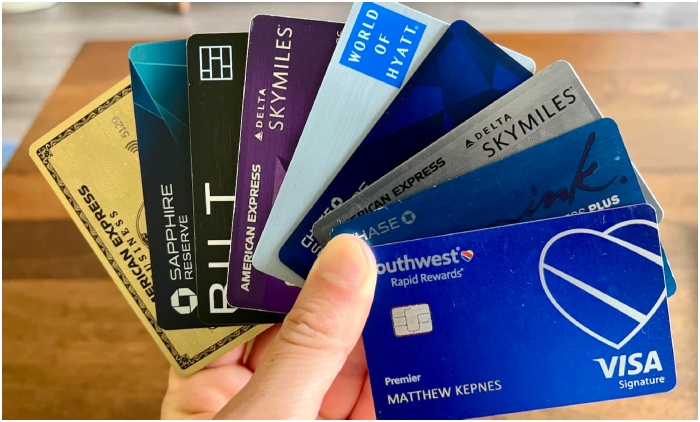Credit cards are often portrayed negatively in personal finance discussions, primarily due to their associated high-interest rates and the risk of accumulating debt. However, when utilized judiciously, credit cards can serve as powerful tools in managing personal finances. They offer numerous benefits, such as aiding in building credit history, accruing rewards, and serving as a safety net in emergencies. The essence of leveraging credit cards effectively lies in responsible use. This comprehensive guide aims to delve into understanding the complexities of credit cards, recognizing their potential pitfalls, and exploring six pivotal strategies for maximizing their benefits without succumbing to common financial traps.
Understanding the Problem with Credit Cards
The primary issue with credit cards stems from their inherently high average interest rates, which compound on a daily basis. This mechanism can swiftly transform minor debts into overwhelming financial burdens. A common mistake is spending future earnings or relying excessively on credit cards for emergency funds, practices that can lead to significant debt accumulation and impede financial growth. Recognizing these risks is crucial for navigating the path to responsible credit card usage.

To harness the benefits of credit cards while avoiding financial pitfalls, consider the following strategies:
1. Understand Your Credit Card Terms
Grasping the specifics of your credit card, such as interest rates, fees, and billing cycles, is essential. This knowledge can help you evade unnecessary charges and make informed decisions.
2. Spend Only What You Have
Adopt the mindset of treating your credit card like a debit card. Ensure you possess sufficient funds in your bank account to cover your credit card expenditures, thereby preventing debt accumulation.
3. Know Your Credit Limit and Utilization
Being cognizant of your credit limit and striving to maintain your utilization rate below 30% is vital for preserving a favorable credit score.
4. Pay Bills on Time
Implementing automatic payments or setting up reminders can guarantee timely credit card bill payments. This approach not only avoids late fees but also prevents detrimental effects on your credit score.
5. Regularly Monitor Your Statements
Monthly statement reviews are crucial for detecting discrepancies or unauthorized transactions. This habit also assists in monitoring spending patterns and adjusting budgeting strategies accordingly.
6. Pay Your Balance in Full
Strive to clear your balance in full each month to circumvent interest charges and bolster your credit score.
Expanding on the Benefits and Responsible Use
Expanding further, responsible credit card use extends beyond these foundational tips. It involves a deep understanding of financial management and the discipline to adhere to a budget. Credit cards, when used as part of a strategic financial plan, can facilitate significant savings through rewards programs tailored to your spending habits, be it on groceries, gas, or travel.
Moreover, the aspect of credit building cannot be overstressed. For individuals with limited credit history or looking to improve their scores, credit cards present an opportunity to demonstrate financial reliability to lenders. By maintaining low balances and making payments punctually, credit card users can witness a positive impact on their credit scores over time.
Additionally, the security features of credit cards offer peace of mind. The liability for fraudulent transactions is typically limited, and many issuers provide real-time alerts and the ability to freeze cards instantly via mobile apps, enhancing security measures.
Concluding Thoughts
Credit cards, though often viewed with skepticism, can be instrumental in achieving financial well-being when used responsibly. They encapsulate more than just a means to borrow; they are tools for building credit, earning rewards, and ensuring financial security. By adhering to the principles of understanding card terms, spending within one’s means, managing credit utilization, paying bills punctually, monitoring statements, and settling balances in full, individuals can navigate the credit card landscape wisely. This disciplined approach not only mitigates the risks associated with credit card use but also capitalizes on their myriad benefits, thereby integrating them effectively into one’s financial strategy.